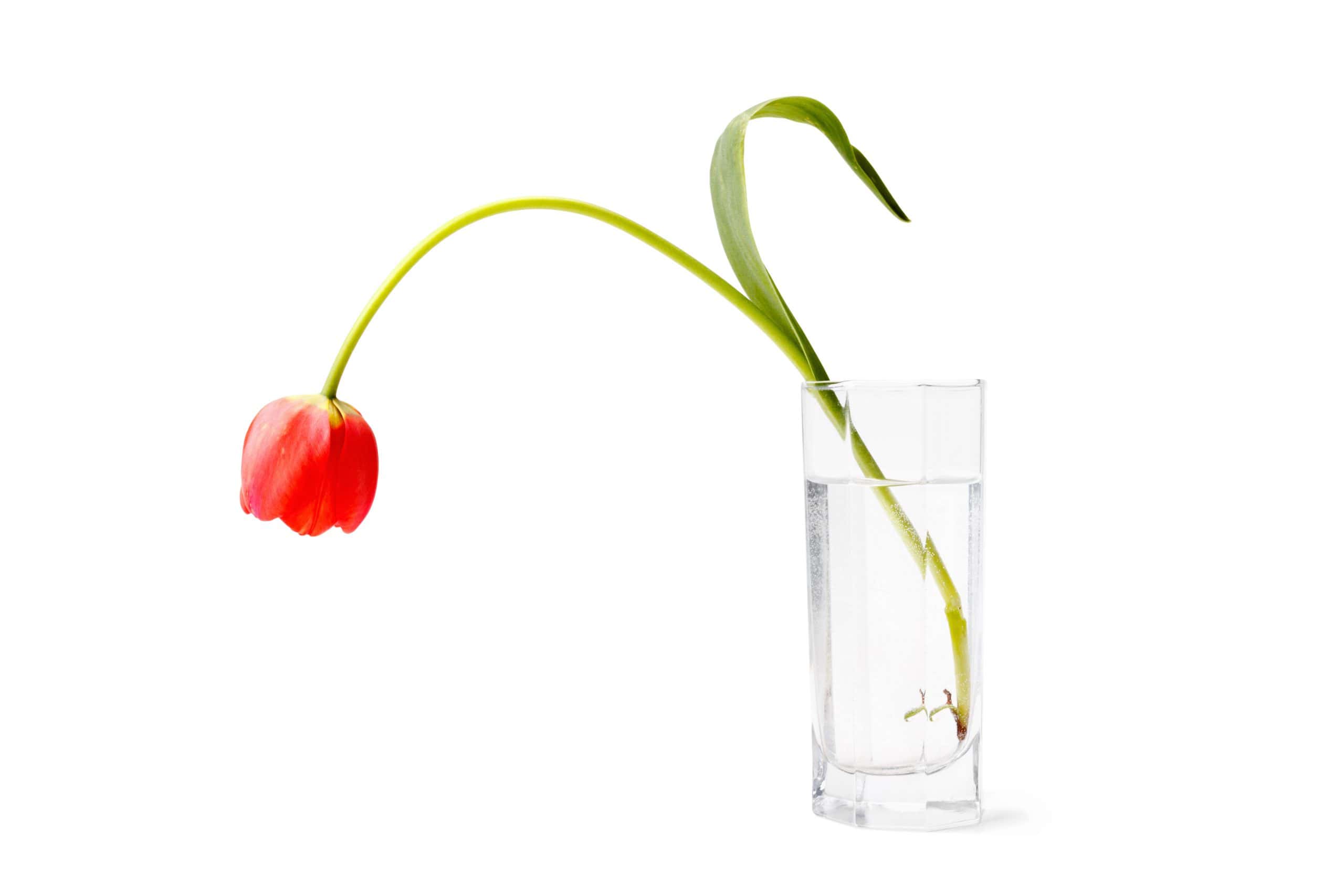Managing Interpersonal Boundaries, pt. I
Posted on April 9, 2021
by Tom Horvath, PhD, ABPP
Interpersonal boundaries are part of the rules we establish about how to interact with other people. We can compare interpersonal boundaries to being in a house. The house protects us from the outside, and on the inside we protect our warm or cool air, our possessions, and our privacy. Houses have walls, roofs, doors, windows, window coverings, pipes, wires, and vents, which allow us to be highly flexible about what comes in and what goes out. In this blog we focus on keeping inside what needs to stay in. In a parallel blog we focus on keeping outside what needs to stay out. In either case, I am the one ultimately responsible for managing the boundary. I need to be prepared for others who may not know or respect the boundary I have established. I need to kno...
full story




